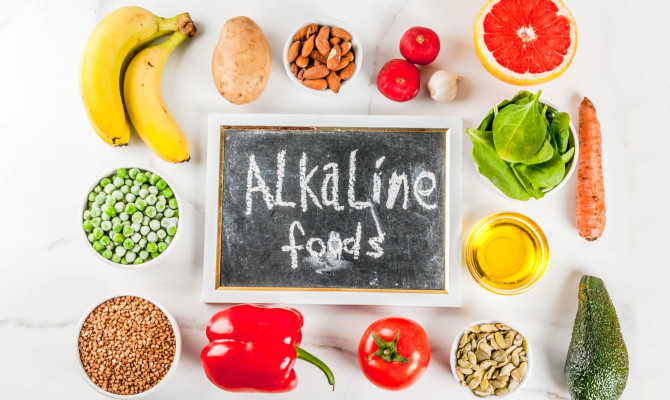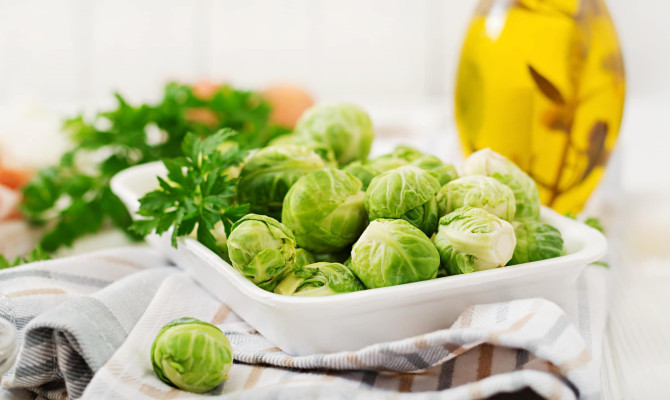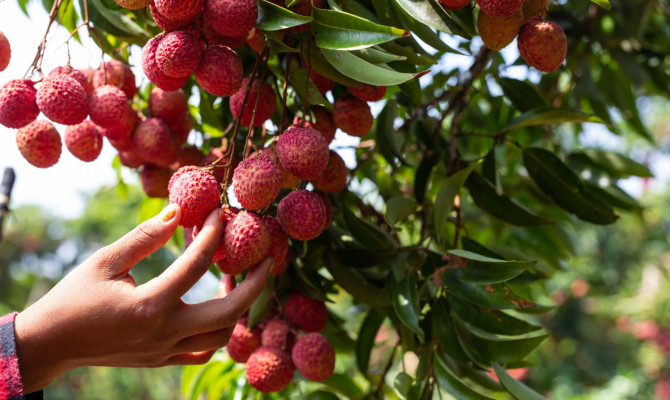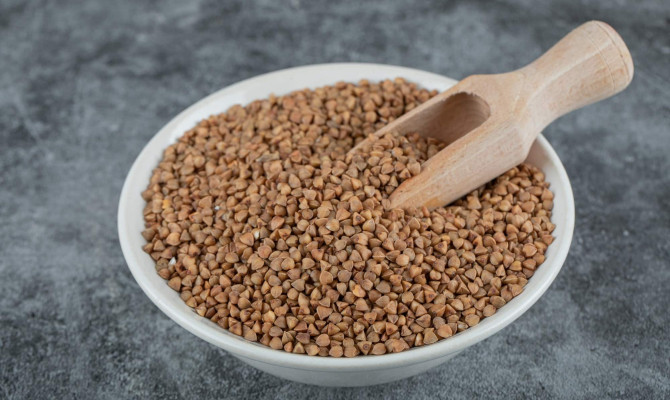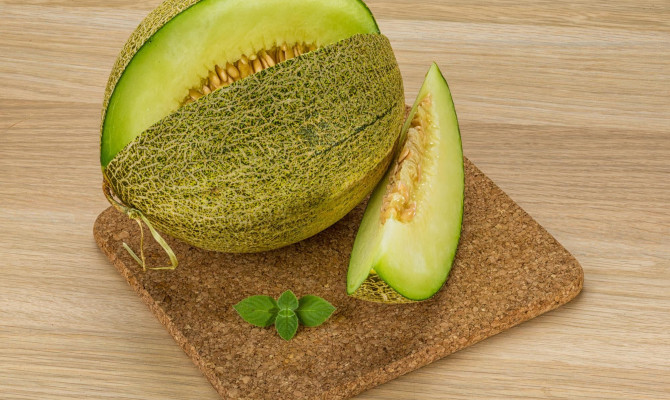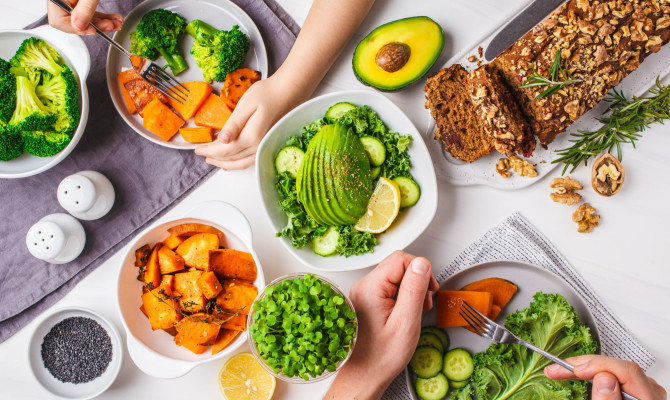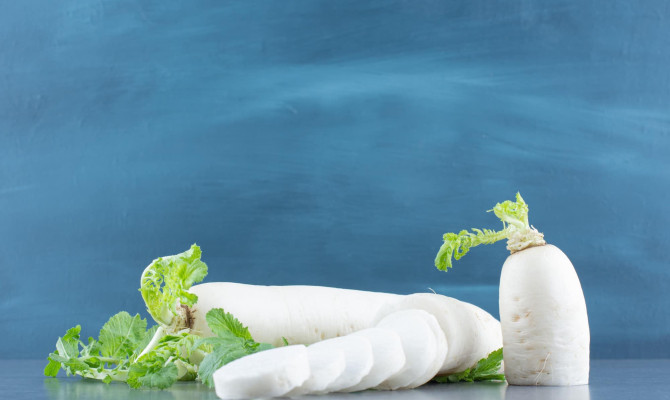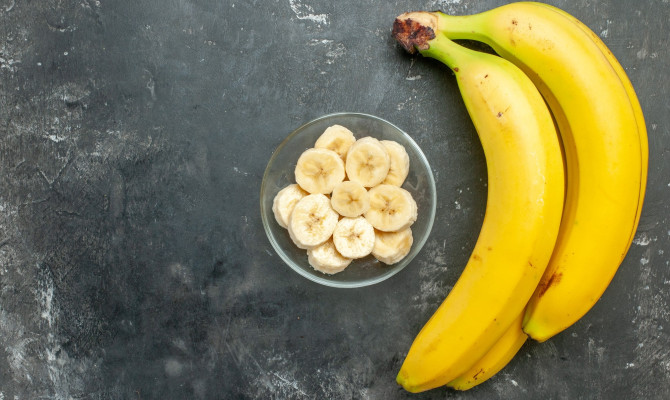Health Benefits of Chives : A Valuable Crop

- Chives
- 17 Aug 2023
Overview
What are Chives?
Chives, an onion family member, are slender green herbs known for their delicate and mild onion-like flavor. These versatile herbs enhance the taste of various dishes and offer a wide array of health benefits. Chives have been used in traditional medicine for their potential health benefits. They are close relatives of onions, shallots, garlics and leeks.
This article will explore the nutritional value, facts, various health benefits, culinary uses, potential side effects, and precautions associated with chives.
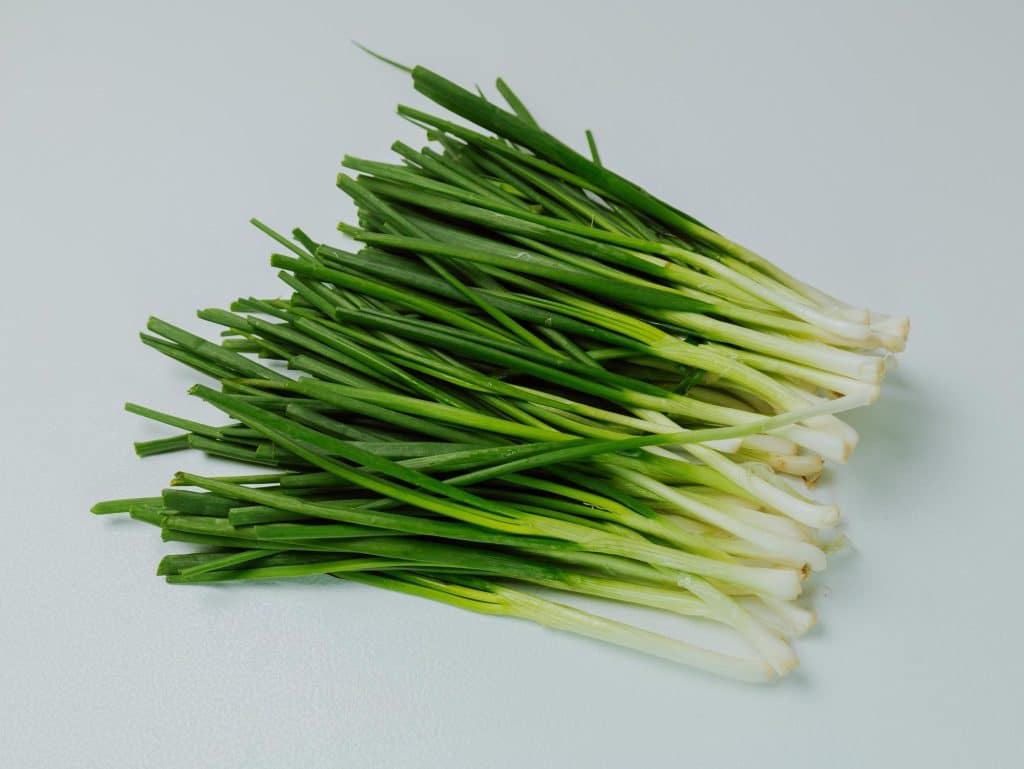
Key Facts about chives
- Chives, also scientifically known as Allium Schoenoprasum, belong to the family Amaryllidaceae.1Overview| Researched based study from Uiowa.edu
- The English name Chives is derived from the French word ‘cave,’ which means onion.
- Chives are considered to have various medicinal properties including anti-oxidant and anti-inflammatory properties.1Overview| Researched based study from Uiowa.edu
- The plant has thin, long leaves with purple blossoms that are used in cooking to provide an onion-like flavor.
- While common chives are the most widely used type, there are a few other chives, including garlic chives, Giant Siberian chives, and Siberian Garlic chives, all belonging to the genus Allium.
- Chives are planted as ornamental plants for their lovely blooms and as a potherb for their tasty leaves.
Nutritional value
Chives Nutritional value
Chives are rich in nutrients like antioxidants, minerals and vitamins while low in fat and calories. However, they are usually used as a garnish of about a tablespoon.2Nutritional Value| Researched based study from Usda.gov
One tablespoon or three grams of Chives contain the following nutrients:
- Water – 2.72 g
- Calories – 0.9 kcal
- Carbohydrates – 0.13 g
- Fat – 0.022 g
- Protein – 0.098 g
- Fiber – 0.075 g 2
Minerals
- Potassium – 8.88 mg
- Calcium – 2.76 mg
- Phosphorus – 1.74 mg
- Magnesium – 1.26 mg
- Sodium – 0.09 mg
- Iron – 0.048 mg
- Zinc – 0.017 mg
- Manganese – 0.011 mg
- Copper – 0.005 mg
- Selenium – 0.027 µg
Vitamins
- Vitamin C – 1.74 mg
- Thiamin – 0.002 mg
- Riboflavin – 0.003 mg
- Niacin – 0.019 mg
- Pantothenic acid – 0.01 mg
- Vitamin B6 – 0.004 mg
- Folate – 3.15 µg
- Vitamin A – 130 IU
- Beta Carotene – 78.3 µg
- Vitamin K – 6.39 µg
- Vitamin E – 0.006 mg
- Choline – 0.156 mg
- Lutein & zeaxanthin – 9.69 µg
Health Benefits
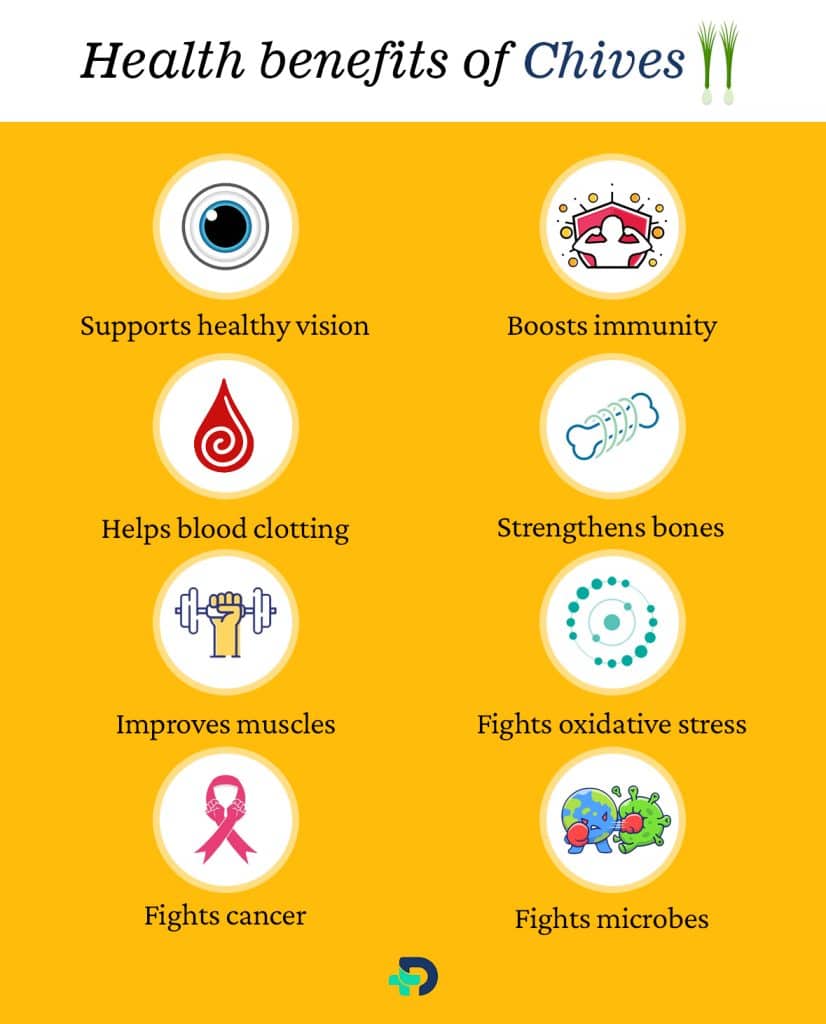
Health Benefits of Chives
Chives are herbs that contains a wealth of minerals, antioxidants and vitamins. Here are few of the chives’ health benefits:
- Supports healthy vision.
- Boosts immunity.
- Helps in blood clotting.
- Strengthens bones.
- Improves muscles and nerve function.
- Fights oxidative stress.
- Helps in digestion.
- Fights against cancer.
- Fights microbes.
Supports healthy vision
- Chives have Vitamin A, beta carotene, Vitamin C, Vitamin E, zinc, lutein, and zeaxanthin, all proven to enhance eye health and avoid age-related macular degeneration.3Health Benefits| Researched based study from Aarp.org ,4Health Benefits| Researched based study from Nlm.nih.gov
Boosts immunity
- Its good quantity of vitamins A, C, E, selenium, and zinc fortifies the immune system, making it more resistant to infections and illnesses.5Health Benefits| Researched based study from Clevelandclinic.org
Helps blood clotting
- Its vitamin K content helps improve blood clotting.6Health Benefits| Researched based study from Nih.gov
Strengthens bones
- Its vitamin K, calcium, magnesium, vitamin C, copper, manganese, and zinc content helps improve bone health.7Health Benefits| Researched based study from Nlm.nih.gov
Improves muscles and nerve function
- Chives contain essential minerals like calcium, magnesium, and potassium, vital for maintaining muscle health and nerve function.8Health Benefits| Researched based study from Betterhealth.vic.gov.au
Fights oxidative stress
- Chives were found to have significantly more potent antioxidants than all the other Allium species.9Health Benefits| Researched based study from Nlm.nih.gov
- These antioxidants fight free radicals and prevent oxidative stress, thus protecting against chronic diseases like heart disease and cancer.
Fights cancer
- Allium vegetables, including Chives, scallions, and garlic, reduced the risk of gastric cancer.10Health Benefits| Researched based study from Nlm.nih.gov
Fights microbes
- Its antimicrobial property helps people fight against various microbes, including Escherichia coli, Staphylococcus aureus, and Shigella dysenteriae.11Health Benefits| Researched based study from Iop.org
Uses
Culinary uses of Chives
Chives add a delightful flavor and vibrant touch to various dishes. Here are some culinary uses of chives:
- Garnish – Sprinkle freshly chopped chives over soups, salads, omelets, or mashed potatoes to add a burst of color and mild onion flavor.
- Seasoning – Use chopped chives in dips, sauces, marinades, or dressings, to increase their taste.
- Herb Butter – Blend chopped chives into softened butter, creating a delicious spread for bread, seafood, or grilled vegetables.
- Infused Oil – Create a flavorful chive-infused oil by steeping chopped chives in olive oil. Drizzle it over roasted vegetables or use it as a dip for bread.
How to choose them?
- Look for chives with fresh, brilliant green leaves when buying them.
- Choose crispy textured ones that are free of wilting or browning.
- Pick organically grown chives whenever possible to minimize exposure to pesticides.
- Wrap chives in a paper towel that is damp and store them in a plastic bag.
- Keep the bag in the refrigerator’s vegetable drawer, which should stay fresh for up to one week.
Side effects
Chives Side effects
While chives are generally safe for consumption, in large amounts may cause:
- Stomach pain.
- Indigestion.
- Bloating.
- Allergic reactions like swelling of the lips, tongue, or face, itching, difficulty breathing or swallowing.
Precautions
Precautions
There are a few things to be kept in mind while adding chives to your diet:
Allergies
- Some individuals may be allergic to chives or other members of the onion family, and people experiencing such allergic reactions as itching, swelling, or difficulty breathing, should discontinue use and seek medical attention.
Digestive Sensitivity
- In some cases, consuming large quantities of chives may cause digestive sensitivity, including stomach upset or diarrhea. People who experience these symptoms, should stop consuming chives or consult a healthcare professional.
Drug interaction
- When consumed in large quantities, the vitamin K content of chives may reduce the effect of blood-thinning drugs like warfarin.12Interactions| Researched based study from Nlm.nih.gov
- However, when consumed in moderate amounts, they do not cause any major drug interactions, as they have a relatively low quantity of vitamin K when compared to other vegetables like kale or spinach.
- For people who plan to consume chive supplements or extracts that are highly concentrated, it is advisable to consult with a healthcare professional to ensure they do not interfere with your other medications.
Bottom line
The Bottom line
Chives are a flavorful herb and a powerhouse of nutrients, offering a range of health benefits, including their antioxidant and antimicrobial properties. They are best used fresh to avoid losing their flavor. They can be easily chopped with scissors or a sharp knife before adding them to recipes. With all that said, a healthy diet should be higher in a range of nutrient-dense foods than one focusing on a single ingredient.
Any feedback on this article?
 This Articles content was accurate
This Articles content was accurate Very Informative Article
Very Informative Article I have a question or a comment
I have a question or a comment
 This article contains inaccurate content
This article contains inaccurate content This article was not helpful
This article was not helpful I have a question or a comment
I have a question or a comment
We appreciate your helpful feedback!
Checkout our social pages
References
-
The University of Lowa
Chives |
-
U.S. DEPARTMENT OF AGRICULTURE
Chives, raw | Nutrition
-
AARP
6 Best Vitamins for Eye Health | Benefits
-
National Library of Medicine
Lutein and Zeaxanthin—Food Sources, Bioavailability and Dietary Variety in Age-Related Macular Degeneration Protection | Benefits
-
Cleveland Clinic
5 Vitamins That Are Best for Boosting Your Immunity | Benefits
-
National Institutes of Health
Vitamin K-Fact Sheet for Health Professionals | Benefits
-
National Library of Medicine
Essential Nutrients for Bone Health and a Review of their Availability in the Average North American Diet | Benefits
-
Better Health Channel
Vitamins and minerals | Benefits
-
National Library of Medicine
Relationships Between Bioactive Compound Content and the Antiplatelet and Antioxidant Activities of Six Allium Vegetable Species | Benefits
-
National Library of Medicine
Garlic and onions: Their cancer prevention properties | Benefits
-
IOP Science
Antimicrobial effects of chive extracts against bacteria pathogen and Lactobacillus acidophilus | Benefits
-
National Library of Medicine
Influence of vitamin K on anticoagulant therapy depends on vitamin K status and the source and chemical forms of vitamin K | Precautions












